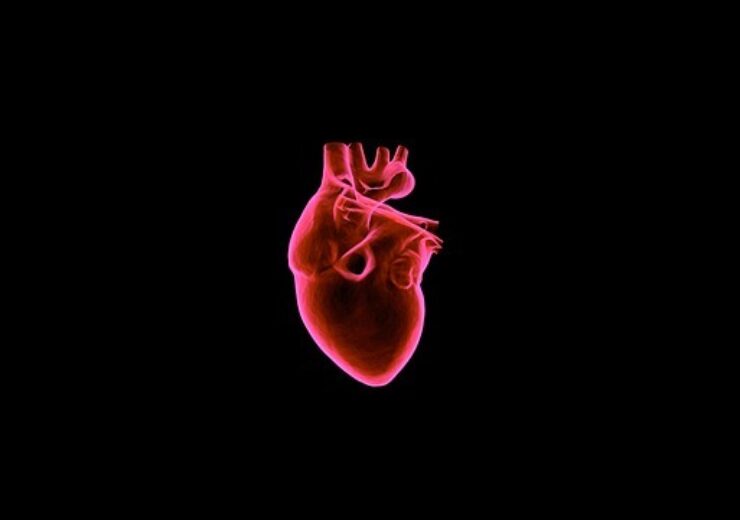The trial, which will enroll up to 380 patients at more than 50 investigational sites, is designed to assess the safety and efficacy of Neovasc Reducer to reduce angina symptoms in patients with refractory angina

The first patient in the trial was recruited at St. Francis Hospital & Heart Center in Roslyn, New York. (Credit: Raman Oza from Pixabay)
Medical device firm Neovasc has recruited the first patient in the coronary sinus reducer for the treatment of refractory angina (COSIRA-II) clinical trial.
The trial is designed to assess the safety and efficacy of Neovasc Reducer in the treatment of patients with refractory angina.
Apart from complementing existing international safety and effectiveness data, the data from the trial will allow the company to submit a pre-market approval application with the US Food and Drug Administration (FDA) for the device.
Under the care of Dr Ziad Ali and principal investigator Evan Shlofmitz, the first patient was recruited at St. Francis Hospital & Heart Center in Roslyn, New York.
Neovasc will enroll up to 380 patients at more than 50 investigational sites in the US and Canada in the randomised, double blinded and placebo-controlled study.
The change in exercise tolerance testing time measured at six months through a treadmill test is the primary endpoint of the trial.
Neovasc CEO Fred Colen said: “We are grateful to our staff and the investigators for their relentless work to finalize all the required deliverables on schedule, such as FDA approval, local hospital review board approval, qualification processes, site training, and all required legal contracts and documentation by the end of 2021, enabling this first enrollment.
“Finalisation of the reimbursement rate for the trial procedure will enable Medicare beneficiaries eligible for the trial to have greater access.”
Neovasc has designed the Reducer to alter blood flow within the myocardium of the heart and accelerate the perfusion of oxygenated blood to ischemic areas of the heart muscle, thereby helping to relieve angina symptoms.
The company has already secured CE mark approval for the Reducer to treat refractory angina, a painful condition that results due to the delivery of an inadequate supply of blood from the coronary arteries to the heart.
It also secured breakthrough device designation from the FDA for Reducer, but it is not yet commercially approved in the US.
